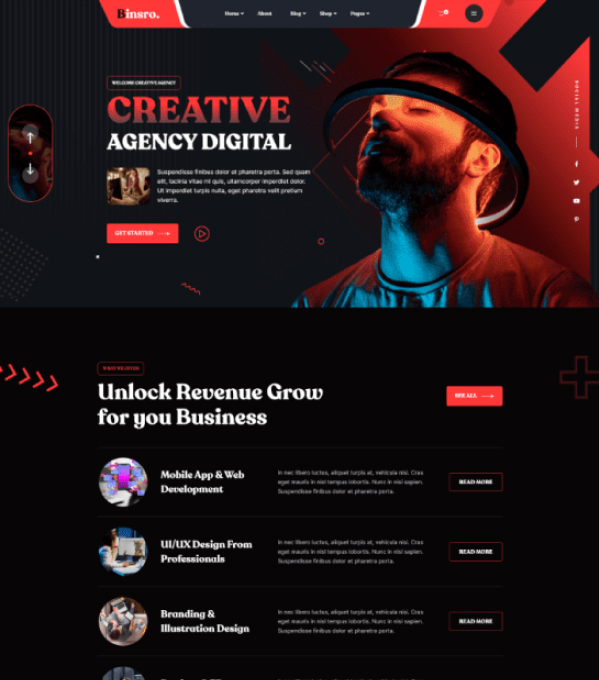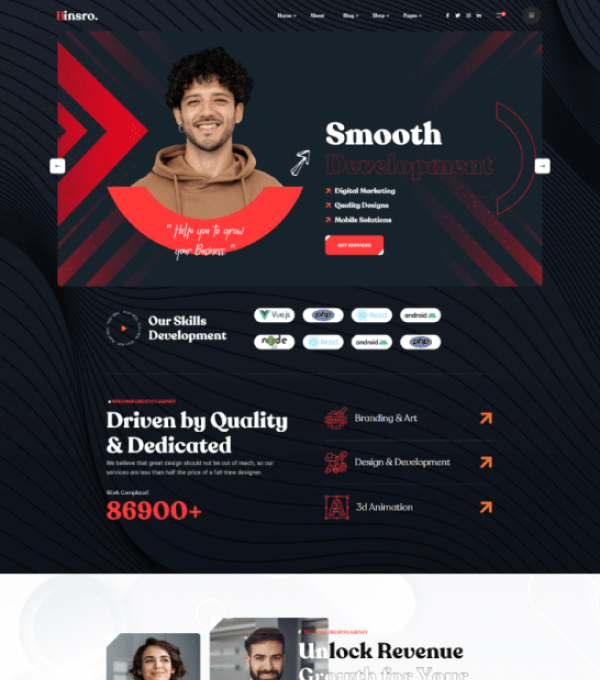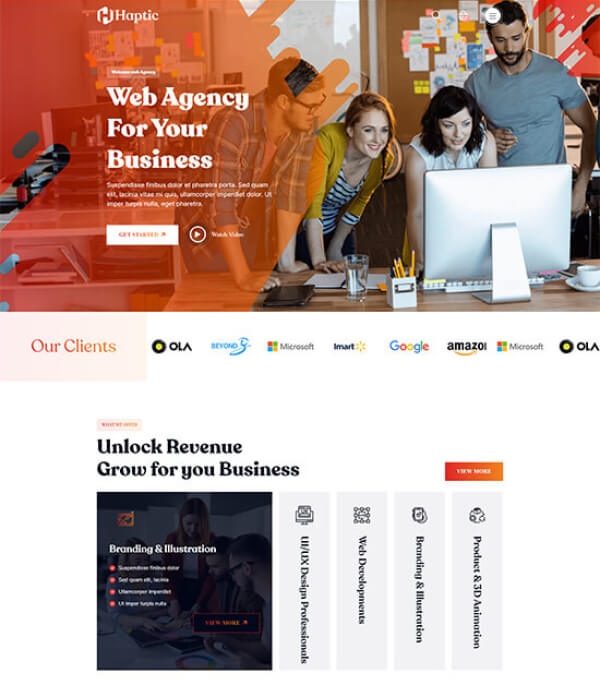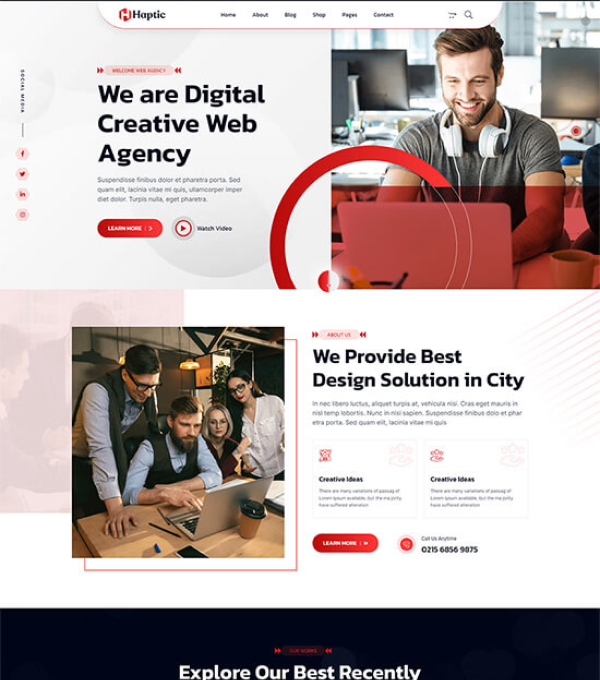
Securityjobs
Add a review FollowOverview
-
Founded Date August 25, 1971
-
Sectors Office
-
Posted Jobs 0
-
Viewed 44
Company Description
Empowering Creativity: Building Businesses and Jobs In Europe’s Creator Economy
For centuries, Europe has actually been a cultural powerhouse, exporting its art, theatre, literature and music to all corners of the world. From Renaissance masterpieces to the symphonies of Beethoven, Europe’s developers have shaped the method countless individuals we imagine and experience the world.
Today, this tradition continues, however in a greatly various landscape. The digital age has changed how content is produced and shared, democratising the tools of development and breaking down old barriers to gain access to. Anyone with a mobile phone and a trigger of imagination can now become a content manufacturer and reach a worldwide audience.
Platforms like YouTube have become main to this new ecosystem. These platforms not only empower developers to share their stories, however also drive financial development and neighborhood structure in ways unimaginable just a couple of decades earlier. Today’s developers are not restricted to the beauty salons of Paris or the auditorium of Vienna – they are reaching millions from home studios, going beyond borders with a single upload.
In 2022, YouTube’s imaginative ecosystem alone added over EUR5.5 billion to the GDP of the EU27 – and supported more than 150,000 full-time equivalent tasks. According to Oxford Economics, 7 out of 10 European developers who earn money from YouTube concur that the platform assists them export their material to worldwide audiences which they would not access otherwise.

We need to encourage the work that young developers are doing, and support platforms and creators alike
This altering landscape was the focus of a current discussion at the European Parliament in Brussels, where policymakers and YouTube creators came together to explore the profound effect of the creator economy. By examining how platforms like YouTube are reshaping the innovative community, the occasion highlighted the capacity for European creators to not only entertain however to generate tasks and enhance Europe’s cultural footprint worldwide.
Zala Tomašic, an EPP MEP from Slovenia and https://accountshunt.com/ a member of the CULT Committee, kicked off the conversation with an individual story, exposing that she had when harboured aspirations to be a “YouTube star”. As a child she developed a channel, however her aspirations fell at the first obstacle when she realised quite how much knowledge is required across modifying, noise, lighting, recording, and marketing for sports betting content creation. “Companies use big departments to do what a creator does by themselves, all by themselves,” she kept in mind.
Gaspard G – another of the participants – was more successful in his efforts at building a career on YouTube. G started posting on YouTube at the age of 10, and soon began his own channel, sowjobs.com covering a mix of politics and existing occasions. Ever since, his channel has actually grown to more than 1.1 million subscribers. He is also the creator of an imaginative media agency, representing creators on YouTube, Instagram, TikTok, and LinkedIn.
Earlier this year, he was designated Secretary General of the Union of Influence Profession and Content Creators (Union des Métiers de l’Influence et des Créateurs de Contenus, or UMICC), the first expert federation committed to the influencer sector in France. In his speech about becoming of an effective creator, he highlighted the increasing power and obligation of YouTube developers, some of whom increasingly surpass traditional media outlets in reach. This brings with it duty to professionalise, he said. Alongside supporting and representing influencers, UMICC aims to produce recognition and ethical requirements for online developers, to bring it into line with other acknowledged professions.
MEP Tomašic worried that, while policy-makers need to deal with some challenges such as information defense and the spread of mis- and dis-information, they need to not lose sight of the “substantial positive elements” that platforms like YouTube bring. “They develop an environment where people can access info, eliminate barriers to the spread of understanding, and open up amazing chances for employment and innovation,” she said, keeping in mind how numerous entrepreneurs and little organizations utilize these platforms to reach more comprehensive audiences and developing their brand names while developing brand-new task opportunities. Additionally, she kept in mind how social media continues to amplify advocacy and awareness on social issues, supplying a powerful tool to activate neighborhoods and drive modification.
To make sure Europe understands its prospective as an international center for Loan for Housewives creativity, she advised policy-makers to do more to support digital skills advancement. “We need to increase the digital literacy skills. We require to purchase the digital area. We require to motivate the work that young creators are doing, and we require to support platforms and developers alike,” she added.

Veronika Cifrová Ostrihoňová MEP, a previous journalist, echoed these ideas, but revealed her issues about the function of social networks in spreading false information. “Despite the fact that social media is a wonderful tool for us to use, it’s simply a tool,” she said. “We need to tackle concerns like misinformation, disinformation, and algorithmic blind spots.”

David Wheeldon, Managing Director and Head of EMEA Government Affairs and Public Policy at YouTube, highlighted the platform’s distinct position in the imaginative economy. YouTube not only offers an area for developers to share their work but likewise drives financial and neighborhood advancement. Creators are not simply building professions for themselves. As Gaspard G shows, 이지론 they are also forming the future of media by producing jobs and building whole media companies and sectoral organisations. As Wheeldon highlighted, YouTube creators in Europe are reaching an international audience, with 65% of their watch time coming from outside the continent. This broad reach presents an opportunity for European developers to invest in their culture and creativity, extending their influence worldwide.
Looking ahead, YouTube is exploring ingenious methods to help developers reach even bigger audiences. Wheeldon announced the approaching growth of AI tools, such as YouTube Aloud, which uses AI to call creators’ voices into other languages. “We are going to release YouTube Aloud in a growing number of languages in Europe, where AI will take your voice and lip sync and you will be talking in another language,” he discussed. “We’ve got 5 languages up and running, and we’re going to construct that in time. This creates an enormous chance for all creators in Europe to access audiences across the continent and beyond.”
The event underscored the need for policymakers to recognize the capacity of the creator economy and foster an environment that supports digital abilities. MEP Tomašic noted that the imaginative economy uses youths a distinct opportunity to turn their passions into professions. “60% of Generation Z and millennials desire to turn their pastimes into an occupation,” she said, horizonsmaroc.com highlighting the to future job markets.
By buying digital literacy and supporting platforms that empower creators, Europe can solidify its position as a global center of imagination and innovation. As MEP Tomašic concluded, the creator economy isn’t practically specific success – it’s about building a dynamic, sustainable cultural and economic ecosystem that benefits all of Europe.











